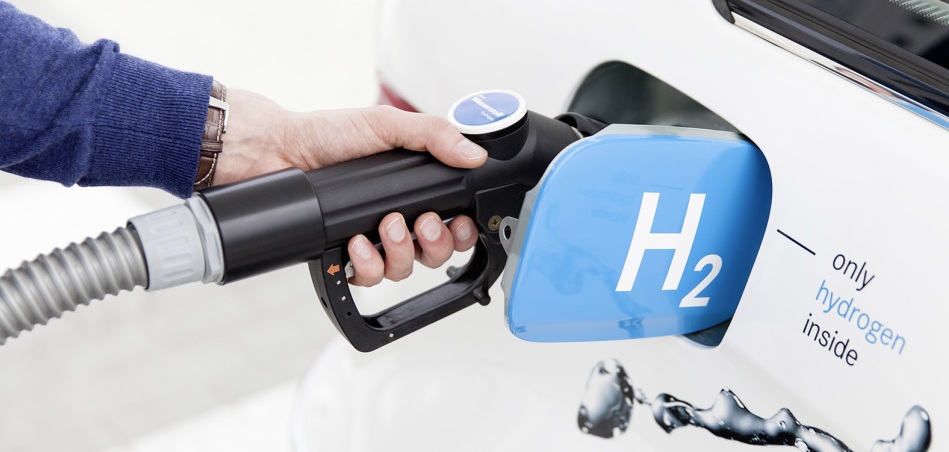
- A regulatory framework for the construction of hydrogen stations is being created
By the end of 2020, the first stations for charging cars with hydrogen should be built in Bulgaria, and by 2030 their number could reach 50.
This is stipulated in a draft Ordinance on the terms and conditions for design, construction, the commissioning and control of stations for charging hydrogen vehicles. The draft regulation was developed by experts of the Ministry of Regional Development and Public Works, together with the Ministry of the Interior, the Ministry of the Environment and Water, the Ministry of Economy and the Ministry of Transport, Information Technology and Communications and was uploaded for public consultation in the Public Consultation Portal and on the MRDPW website .
The project is in line with the National Framework for the Policy for the Development of the Alternative Fuels Market in the Transport Sector (NRPPAGTS) and is concerned with the deployment of the infrastructure for charging hydrogen fueled vehicles. Such a technical regulation is being developed for the first time in Bulgaria and is a measure for the implementation of the NRPPAGTS implementation policies. At present, there are no regulations in place defining the requirements for the design, implementation, control and commissioning of hydrogen refueling points. Hydrogen fuel is one of the alternatives with the potential for long-term oil replacement. A number of European assessments show that the positive economic situation for the development of alternative fuel infrastructure has not yet been created. for infrastructure providers for the construction of hydrogen filling stations. At the same time, the EU has agreed on binding targets for the share of renewable energy in transport fuels (10% by 2020) and for reducing the intensity of CO emissions2 of motor fuels (up 6% by 2020). The announcement in the White Paper of a 60% reduction in CO 2 emissions by 2050 also requires a significant boost in the use of alternative fuels.
In this regard, the Regulation is in line with the forecast market developments on a European and national scale. Hydrogen mobility based on good practices in Europe, California (USA) and Canada has been investigated in the development of the draft regulation.
According to the optimistic forecast of the Industrial cluster of electric vehicles for the deployment of hydrogen charging infrastructure for the entry of hydrogen-powered vehicles in Bulgaria, 4 charging stations will be built in our country by 2020, 10 – by 2025, and 50 to 2030. The more pessimistic scenario is the forecast of the Institute of Electrochemistry and Energy Systems at the Bulgarian Academy of Sciences. She points out that after 2020 our country will have at least one functioning charging station and one under construction, and by 2030 four charging stations will be built.
The Ordinance is intended to support the activity of all participants in the construction and investment process in accordance with their powers, defined in the Law on Spatial Planning: contractors, builders, natural persons exercising technical control for the structural part, designers, consultants, technical managers, suppliers machinery, equipment and process equipment, incl. suppliers of facilities and components for the construction of infrastructure for hydrogen charging stations. The main objective is to provide an opportunity for the construction of infrastructure for charging vehicles with hydrogen, thereby contributing to the development of the market for alternative fuel vehicles.
The draft Ordinance lays down the technical requirements for the design, construction and commissioning of hydrogen charging stations and controls regarding the minimum design safety features. It will apply to the construction of hydrogen filling stations for trucks supplied with trucks, in compressed gas cylinders, or produced at the site of installation and operation of the hydrogen charging station in hydrogen generators using a process of electrolysis of water .
The hydrogen charging station can be built as an integrated facility, as a component on the territory of an existing or newly built gas station and / or gas station, or autonomously – as a standalone facility.
Hydrogen charging stations covered by the ordinance are first category construction according to the Spatial Planning Act and are put into operation in accordance with the order specified therein.
Source: MRDPW
Read the most up to date Fuel Cell and Hydrogen Industry news at FuelCellsWorks




